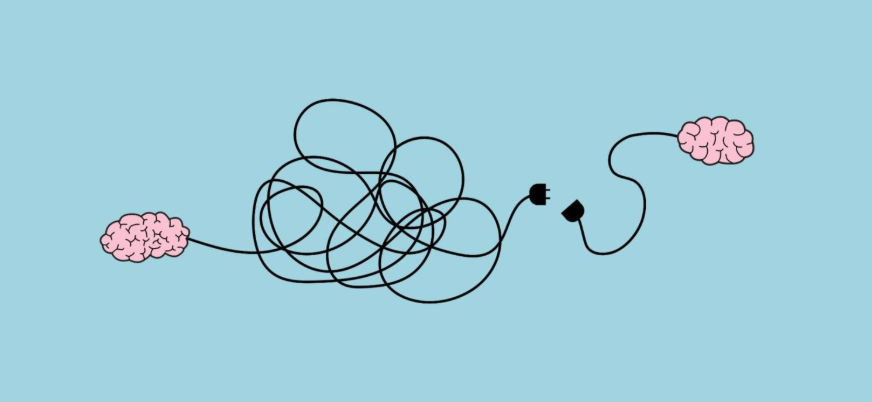
Celebrating Mental Health Week (May 6-10) with Small Change
May 6, 2024
Sense of Self
June 3, 2024Infidelity can have intense emotional consequences for the individuals involved. For some, the aftermath of an affair goes beyond typical emotional distress and may result in a condition known as Post-Infidelity Stress Disorder (PISD).
What is Post-Infidelity Stress Disorder (PISD)
Post-Infidelity Stress Disorder, a term coined by Dr. Shirley Glass (2003), is a condition characterized by a range of psychological and emotional symptoms experienced by the betrayed partner after discovering an affair. This condition shares similarities with post-traumatic stress disorder (PTSD) and can significantly impact an individual’s well-being, self-esteem, and overall mental health.
Similar to the symptoms of PTSD, betrayed partners may experience:
Intrusive Thoughts: Betrayed partners often experience intrusive thoughts about the affair, replaying the painful details in their minds, and struggling to find closure.
Hyperarousal: Individuals may become hyper-vigilant, constantly on edge, and easily startled due to heightened anxiety and fear of further betrayal.
Emotional Numbness: Some may experience emotional detachment as a coping mechanism to shield themselves from the pain and vulnerability caused by the affair.
Avoidance Behaviors: Avoidance of triggers, reminders, or situations that may provoke distressing emotions or memories related to the affair.
Anger and Irritability: Feelings of anger, irritability, or unexplained outbursts may arise due to a sense of injustice and deep emotional hurt.
Loss of Trust and Self-Esteem: The betrayed partner’s self-esteem may suffer, and their ability to trust others may be significantly diminished.
Changes in Sleep and Eating Habits: PISD can disrupt sleep patterns and lead to changes in appetite and eating habits.
Difficulty Concentrating: Concentration and focus may become impaired as individuals struggle to process the emotional fallout.
How to Heal
It is completely possible to heal after the discovery of an affair. It can be a challenging journey, but counselling can offer essential support and guidance during this time of emotional upheaval. Counsellors can offer individuals a safe space to process the intense feelings associated with infidelity.
A couple’s counsellor can facilitate open communication between partners, which can support the couple in rebuilding trust and understanding the affair.
Additionally, counsellors can help their clients with coping strategies to manage the anxiety, intrusive thoughts, and hyperarousal symptoms associated with PISD.
How to Move Forward After Infidelity
Post-Infidelity Stress Disorder is a valid and challenging condition that affects individuals who have experienced the pain of infidelity. It is essential to recognize the emotional toll of such experiences and show yourself compassion. Counselling can be a positive resource in addressing the symptoms of PISD, facilitating healing, and guiding individuals and couples towards a path of growth and restoration. Remember, healing takes time, but it is possible. There is no one-size-fits-all approach to overcoming the aftermath of infidelity.
Interested in learning more? Check out these resources on how to find the right therapist:
- Glass, S. P. (2003). Not “Just Friends”: Rebuilding Trust and Recovering Your Sanity After Infidelity. Free Press.
- https://www.psychologytoday.com/ca/blog/rediscovering-love/201709/how-infidelity-causes-post-traumatic-stress-disorder
- If you are looking to connect further or receive support around these topics, please get in touch with us at 250-718-9291 or email us at [email protected].

Written by: Christina Petrov, Practicum Student
To book: Click Here!





